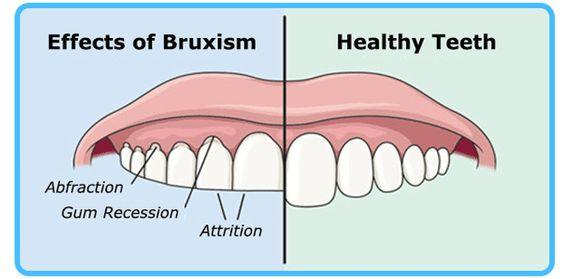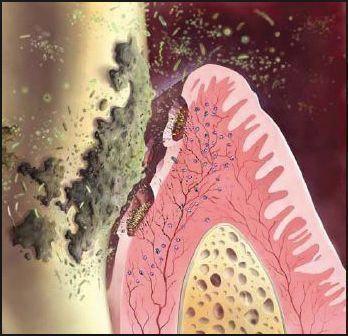There is no doubt that we have all been experiencing higher levels of stress throughout 2020. Stress can contribute to a multitude of health conditions and chronic disease. But did you know that stress can also negatively influence your oral health? Over the recent months we have been seeing some of these conditions caused by stress in our clinic so wanted to discuss them further with you.
Bruxism
Bruxism is a common condition where people may unconsciously grind their teeth or clench their jaw (especially through the night).

The condition can cause;
- headaches
- jaw soreness
- tooth sensitivity
- damage to your teeth/ tooth loss
- TMJ disorder.
Stress is a major contributor to bruxism as stress may result in you clenching or grinding your teeth together. If we feel Bruxism may be a long-term condition for our patients, we will suggest a splint to wear through the night to prevent dental damage.
Poor eating and dental habits

Through times of stress or anxiety we often turn to food for comfort. In most cases these foods are high in sugar which is bad for your teeth and may influence dental decay. Another risk factor could be your loss of routine and good daily oral care may not be a priority at the time. By neglecting your routine brushing and flossing or preventative care appointments you could be more prone to decay and gum disease.
Dry mouth and Ulcers

Another way stress can negatively impact the body is through hormones (cortisol). This can then lead to the reduction of saliva present in the mouth. Saliva plays an important role in reducing plaque on the teeth. If saliva is reduced, this may result in the increase of decay. A lack of moisture in the mouth can also make the tongue and tissues sensitive and uncomfortable.
Stress can also decrease your body’s immunity to fight infections and ulcers can appear in the mouth. Ulcers can be painful and even hinder your ability to clean your teeth. The key to helping ulcers heal is by keeping the mouth as clean as possible.
Gum disease and inflammation

As discussed earlier stress can make it harder for your body to heal. This can be a serious concern particularly when it comes to health of your gums. Inflammation will increase through times of stress which can result in inflammation of the gums. Prolonged inflammation of the gums will result in periodontal disease. Periodontitis results in bleeding of the gingival tissues, loss of bone that support the teeth and eventually tooth loss. Gum disease is also known to influence systemic conditions such as Diabetes, Heart disease and Alzheimer’s.
Stress is a natural part of life, however if you’re experiencing extreme or consistent stress it is best to address it before it impacts your overall and oral health. Speak to a medical professional to get help as they will be able to provide you with the correct strategies to manage or overcome your stress.
Seeing our team regularly will be able to help you manage your oral health during stressful periods.
Return to blog

